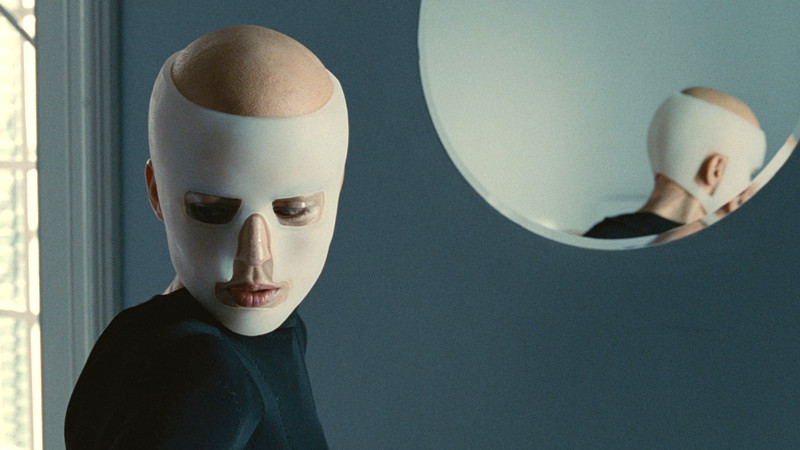
After over a half century of Europe dominating the initially nascent, then fully mature, art houses of the world and then being a major factor in the video-film era, where does the continent and its film makers stand in the second decade of the 21st Century?
Well, the world had turned several times and new ways and new stories from different people with different customs and histories began to be told on film and many traditional European locales and the formalist film techniques used to tell stories in times past gave way to another creative day.
Does this mean that Europe is finished as a film center? No, not at all, but now it has a place among many others and must compete for its place in the cinematic sun.
All of the old masters are now history and, surprisingly, even some of the neo-classical film makers of renown seem to have run their courses. However, there is still much creativity and there are promising newcomers, as ever, who may one day take their place in the pantheon.
Following are some of the notable releases in the European film world (by no means definitive) during the first half of this decade.
1. Dogtooth (2010, Greek)

Such surrealist and daring film makers as David Lynch and Pedro Almodovar have made their mark on the film world for decades but they seem to have had few really worthy followers.
In 2010 one finally arrived from a most unexpected place. Greece has had its moments in cinematic history but never seems to be a leading force in that sphere. Finer art house critics praised the late Theo Angelopoulous but, after his death, there were no really bright lights in the Greek film world until young director Yorgos Lathimos released his second feature, Dogtooth.
Those who have missed Dogtooth have indeed missed something. The wild child of Lynch and Almodovar, the film tells the wacked-out story of a wealthy couple who have decided long ago that their grown children really need not go out into the world and have built a walled compound where the kids, two daughters and a son, are exposed to as few outside influences as possible.
However, the older the children get, the harder this becomes, including having the father pay one of his workers to come have sex with the son to quell his urges…blindfolded! It all gets crazier from there as the daughters manage to find items from the outside, such as hit movie DVDs and it all starts to corrupt their parent’s synthetic paradise.
Lathimos displays a wonderful visual sense and a gift with performers in addition to a knack for original storytelling. Dogtooth became one of the few Greek films to win an Academy Award nomination for Best Foreign Film (a huge deal in even Greek political circles) and won Un Certain Regard at Cannes. Lathimos is surely someone to watch in the future.
2. In a Better World (2010, Denmark)
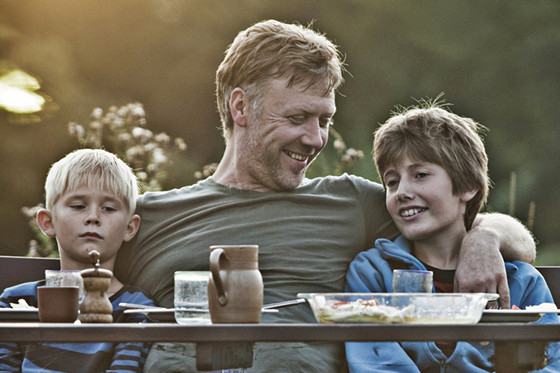
Dogtooth saw its Oscar chances crushed by a far more self consciously thoughtful film which also comments on the human condition in a profound manner.
The film in question, In a Better World, is the work of Danish director Suzanne Bier, who is widely considered a rising star on the international cinema scene (though this effort is her magnum opus to date).
The film is an examination of rage incited by righteous indignation. The focus is one family whose members find conflict in both Denmark and Sudan. The father (Mikael Persbrandt) is a doctor who works in a refugee camp in the Sudan.
There he is bedeviled by many local political problems, mainly stemming from a local warlord. Back in Denmark , the man’s estranged family, notably his older son (Markus Rygaard) are becoming embroiled in bullying crosscurrents escalating in their community.
On both continents, the situations reach critical mass with members of the family descending to the level of those they oppose, with catastrophic results. Bier makes the point that violence only begets violence, no matter how understandable the proclivity towards the violence may be.
The film is handsomely designed and the performances (from a cast not well known outside of Scandanavia) are excellent. While not all critics and audiences praised the film, it was a notable success in many European markets and its Oscar bids well for Bier to crack the Hollywood market in the near future.
3. Bullhead (2011, Belgium)
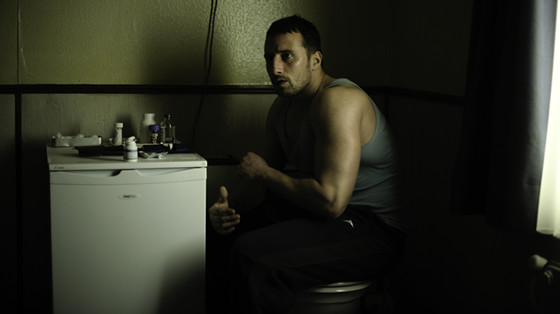
Bullhead is the type of film for which the word surprise was invented. Belgium hasn’t ever been a great center of world cinema and the thought of a very dark crime thriller filled with polarizing violence and style is rather unexpected. One misleading element is the fact that at first sight the film appears to be a rural drama concerning the raising of cattle for the European market.
The lead character is named Jacky (a superb Matthias Schoenaerts) a young cattle farmer every bit as ursine as his animal charges and about as bright…and dangerous.
He is approached by members of the local mafia who wish to pump the cattle full of illegal hormones (which, to the viewer’s non-surprise, Jacky also ingests) in order to expand the amount of beef and profits. What causes the plot to shift is the fact that Jacky was acquainted with members of the crime syndicate long ago involving an episode from his quite oblique past.
When the episode’s content is revealed the word “dark” would be too great an understatement. Bullhead was an Oscar nominee for best picture and winner of several awards at European festivals but the acclaim was not unanimous.
Many found the flashback structure of the film awkward and the mayhem of the plot definitely owed a debt to US director Quentin Tarantino. However, even the severest critics praised the leading performance and several thought this augured well for the continued future success of young director Michael R. Roskam, here making his feature film debut.
4. Le Havre (2011, Finland)
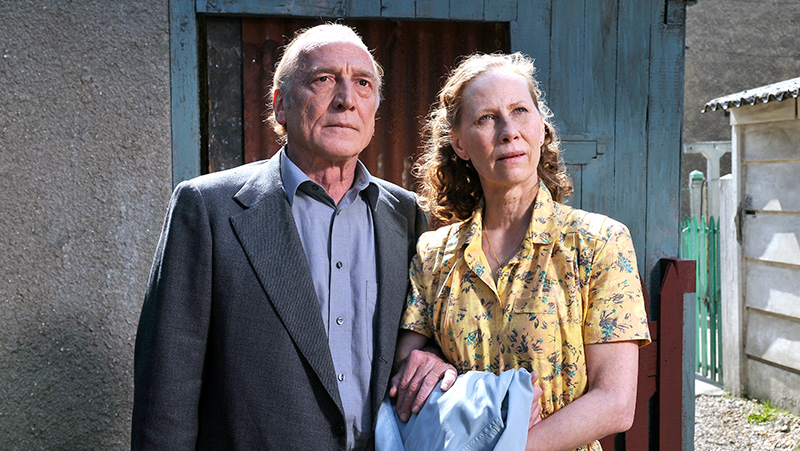
In a sea of new faces and names which is the current climate of European cinema, the familiar presence of Finland’s noted Aki Kaurismaki was most welcome.
He had scored a big hit with The Man Without a Past in 2002 and looked like he might keep the rally going with Lights in the Dusk in 2006, which would have been Finland’s official nominee for the Best Foreign Film Oscar had the country decided not to boycott the awards (and much of North America) in protest of the Bush administration’s foreign policies.
Thus, Le Havre became the first Kaurismaki film to have a wide US release in nearly a decade. As with all of his films, the plot mixes drama and comedy but this time the touch seems to be both lighter and gentler.
In the French port town which gives the film its title, Marcel (Andre Wilms) runs a pretty unprofitable shoe shinning business. He was once one of the free living artistic types and was going to be a writer but he’s put that all aside. His life now is his beloved wife Arletty (Kaurismaki regular Katy Outlinen) and equally beloved local bar.
Then, Arletty becomes quite ill at about the same time Marcel and the neighbors stumble upon young African boy (Blondin Miguel), who is an illegal immigrant and must stay in the country. Marcel then leads the community in harboring the boy, though it’s not quite clear if anyone is actually after him.
This was only the director’s second film outside of Finland and second time making a film in France and the script is full of loving homages to French film. This extends to the cameo roles of French film icon Jean-Pierre Leaud and, even more astonishingly, the great comic film maker/actor Pierre Etaix.
The critics and public ate it up. Maybe it won’t go down as one of the director’s very best films and maybe if it had come along at a different time the reaction might have been different but the fact remains that this is one of Kaurismaki’s most pleasing and touching films to contemporary audiences.
5. The Turin Horse (2011, Hungary)
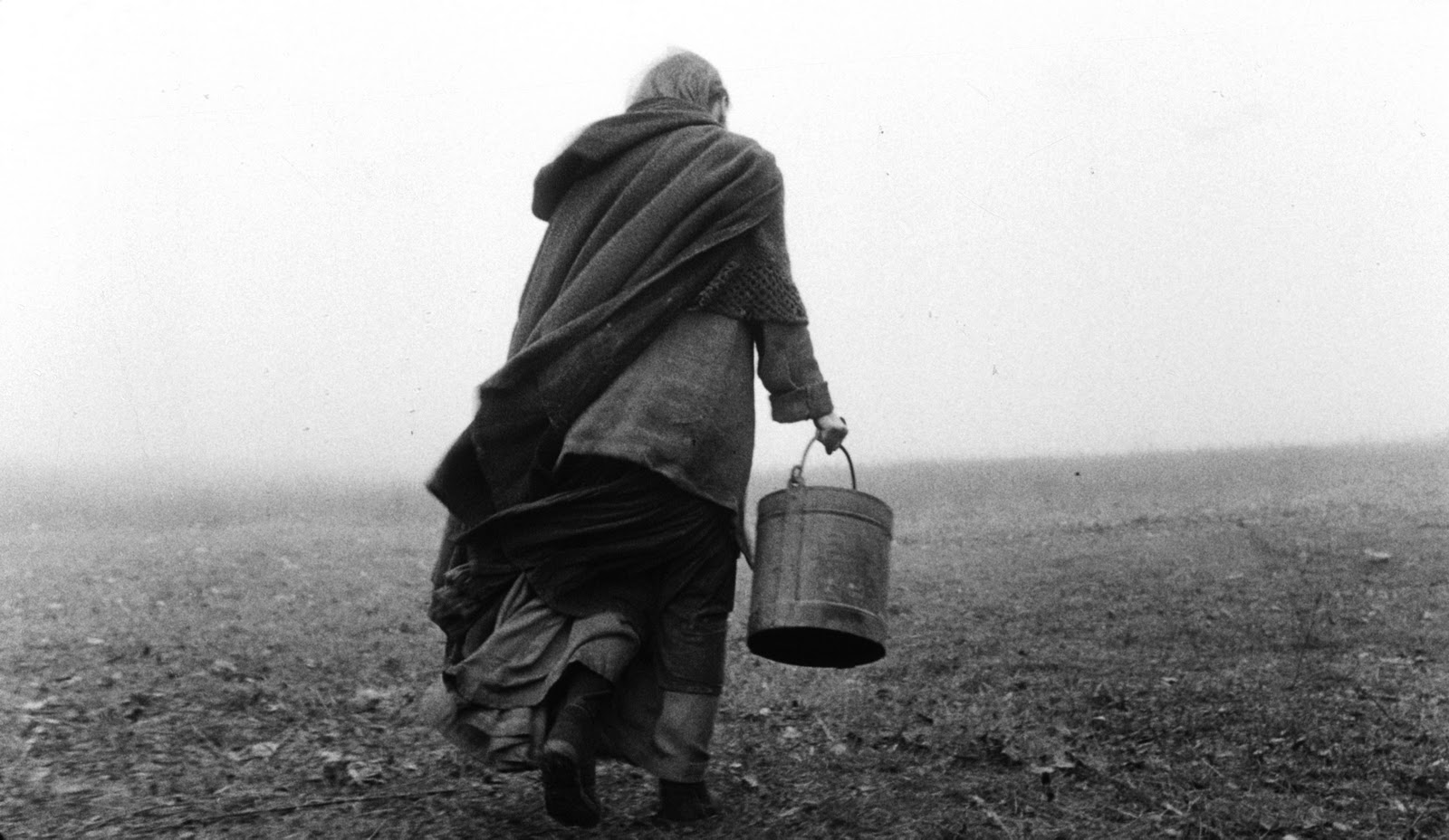
It’s odd what a difference even the perspective of a couple of years can make. Hungary’s Bela Tarr has long been an admired cult director, even to those devoted to art house cinema. None of his films ever broke through as an international hit while he was actively working as a film maker.
Now he teaches film in his native land and says that this film is his last. One can only hope for a change of heart and the sad thing is that even this one, which came closest to breaking through, met a mixed reception upon release.
Admittedly, the premise is quite unusual. In 1889, so the story goes, the great philosopher Friedrich Nietzche suffered a complete and irreversible nervous breakdown due to the sight of a carriage driver whipping a stubborn horse. The plot involves, not the philosopher, but the owner of the horse.
The film speculates on the hardness of the lives of the owner and his family and how the stubbornness of the horse was part of their grinding daily routine of life.
Shot in Tarr’s beloved stark black and white and using his equally beloved small amount of very long takes (30 in this case for the whole film), The Turin Horse is surely not for the casual viewer, but no Tarr film ever was.
This is quite formal and demanding cinema and the point of it all is the heavy journey through human life which many must undergo. Though there were some understanding viewers, critics and award givers throughout the world, the Academy said no to a nomination for the film. Still, this one bids fair to become one for the ages.
6. The Skin I Live In (2011, Spain)
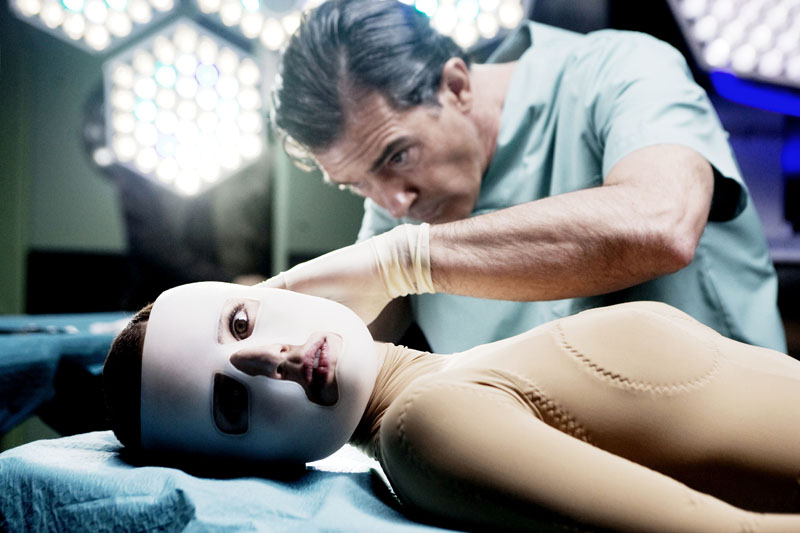
The second decade of the 21st Century has, so far, not been the finest in the meteoric career of Spain’s Pedro Almadovar. His most recent international release, 2013’s I’m So Excited, is widely considered a big disappointment (happily, a new film, Juietta, premiered to encouraging reviews at Cannes in 2016 and is set for international release later in that year). However, he can’t be at all written off yet.
At the start of the decade, the critics and fans generally weren’t all that crazy about The Skin I Live In but the space of a few years has made a big difference. Collaborating with one of his great discoveries, Antoino Banderas, back after some two decades apart, the director both goes his usual route (lush film making with references to the past of the movies) and finds new paths (sci-fi and horror!).
The plot involves a doctor/scientist (Banderas) who is, well, a bit too dedicated. He has developed an artificial skin which could be a great boon to many disfigured people. Too bad he blurted out to the medical community that he has illegally tested it out on humans! Now he is conducting his experiments in secret in his gracious villa and they involve a young woman name Vera (Elena Anaya) held captive with the help of his way too devoted servant Marilia (Almadovar vet Marisa Parades).
The wildly twisting plot involves rape, murder, sexual reassignment without consent, secret parentage, a sexual madman in a tiger suit, and three other characters, one living, two dead, name Vera. Yes, it’s an Almadovar film, all right. Many noticed echoes of both the French horror classic Eyes without a Face and the uber-classic Vertigo.
What threw several viewers was the horror element never before present in one of the director-writer’s film. Now it looks commendable that he explored new territory. Also, though he had wanted Penelope Cruz to return to the fold, many found Anaya a wonderful new addition to the stable. There may be hope for I’m So Excited yet.